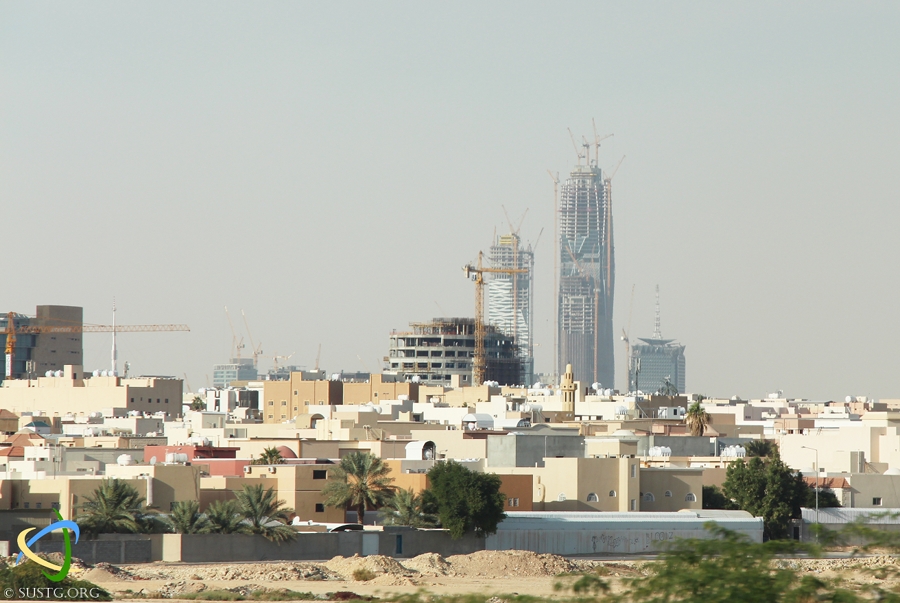SMEs (small and medium-sized enterprises) are key to an economy’s growth and account for 60% to 70% of jobs in most Organisation for Economic Cooperation and Development (OECD) countries, with a particularly large share in Italy and Japan, and a relatively smaller share in the US. The percentage contribution of SMEs to GDP/total value added ranges from 60% in China, 57% in Germany, 55% in Japan and 50% percent in Korea.
In Saudi Arabia SMEs contribute around 33% to GDP and comprise nearly 25% of the labor force. The greater part of the SME labor force in Saudi Arabia consists of migrant laborers. In a 2010 speech, the then-governor of the Saudi Arabian Monetary Agency (SAMA), Dr. Mohammad Al Jasser, was right in attributing the root problem faced by SMEs and the Saudi economy at large: “The SME’s modest contribution to GDP in Saudi Arabia could be ascribed to the immensity of the oil and public sectors, being the main catalyst for economic activity.”

Globally, SMEs account for a disproportionately large share of new jobs, especially in those countries which have displayed a strong employment record. A World Bank paper shows that their labor intensity is 4-10 times higher for small enterprises. The ninth five-year plan of Saudi Arabia will once again miss its most important target: unemployment reduction, rendering economic planning a fruitless exercise. As per the latest plan, unemployment would be reduced from 10.5% in 2010 to 5% by 2013 while unemployment as per the latest survey (2013) is 11.7%.
Support for SMEs will help the restructuring of large enterprises by streamlining manufacturing complexes. SMEs curb the monopoly of the large enterprises and offer them complementary services and absorb the fluctuation of a modern economy. SMEs can generate important benefits in terms of creating a skilled industrial base and industries, and developing a well-prepared service sector capable of contributing to GDP through higher value-added services.
There is a need to have a clear, Kingdom-wide strategy for SMEs with one institution responsible and accountable. This should start with a single definition what constitutes an SME (currently, there are at least 4 different definitions). Also, there are now 7 institutions involved in SME financing in addition to the banks, which operate without any coordination. The absence of an effective supervisory body contributes to worsening the problem as nearly 74% of SMEs fall within the sectors of trade and construction. These sectors have low value-added rates and create few jobs for Saudis.
Access to financing is another challenge. In Saudi Arabia, lending to SMEs as a percentage of total loans stands at 3% (out of SR 1.1 trillion of bank credit) while in other emerging countries it is on average close to 20% and in advanced economies above 25%. Facing lengthy bureaucratic procedures and licensing is a big problem for SMEs.
Another problem is accounting, as most SMEs are single proprietor companies, and the distinction between company and private assets is often hazy. The delegation of daily operations to expatriate managers limits innovation and the acquisition of skills among SME owners who are Saudis. As long as a regular stream of income can be created with low-margin activities and very low effort from the owner’s side, reluctance to innovate and take risks will remain widespread.
In order to change the cycle the labor market has to shift away from its dependency on low paid expatriate workforce. There is a need to educate prospective SME owners, through a Small Business Bureau, on basic accounting, management, marketing and financial planning skills. The government needs to also mandate that 20% of its contracts go to SMEs. It’s time for the Supreme Economic Council to do its job in re-configuring the SME sector.
John Sfakianakis is a regular contributor to SUSTG.org. He is currently Chief of Investments at Riyadh-based MASIC.









